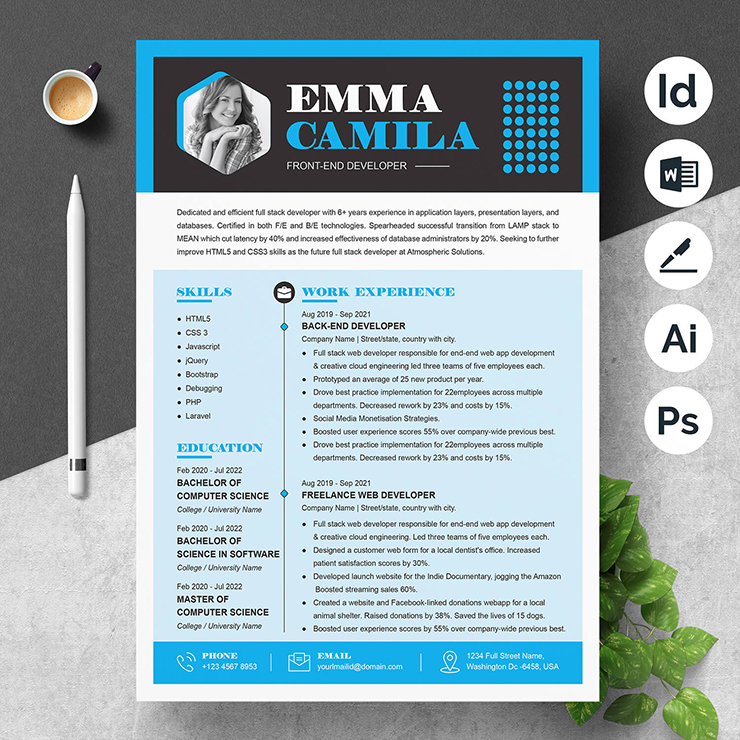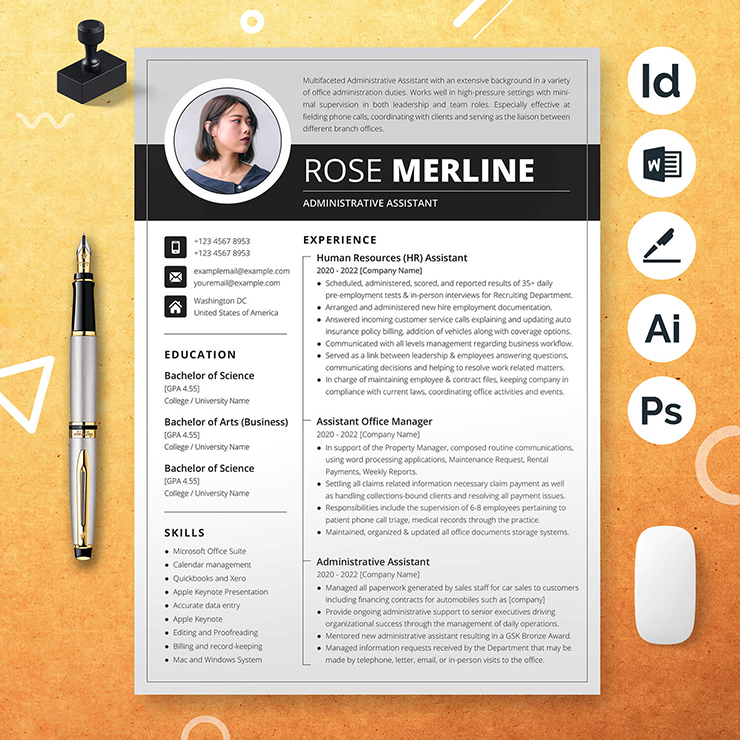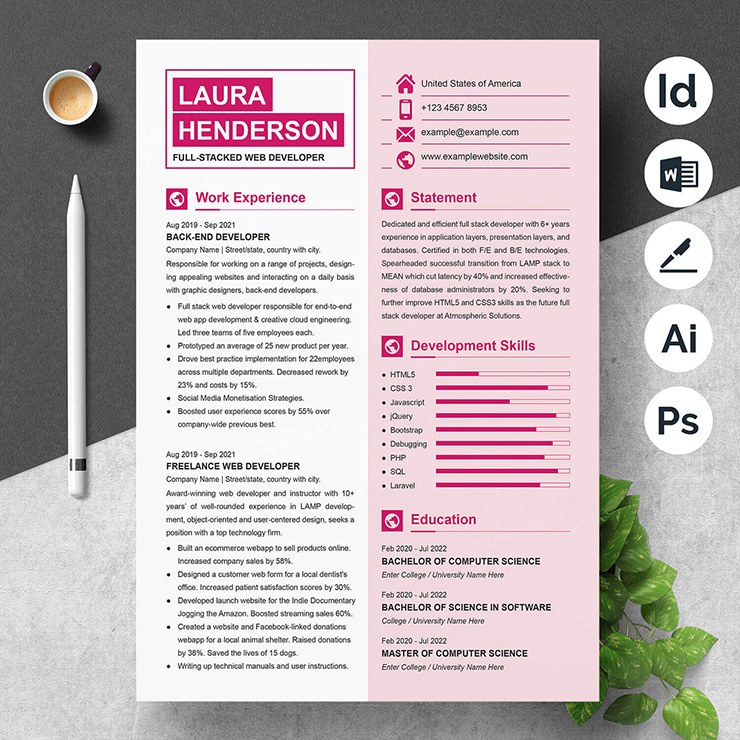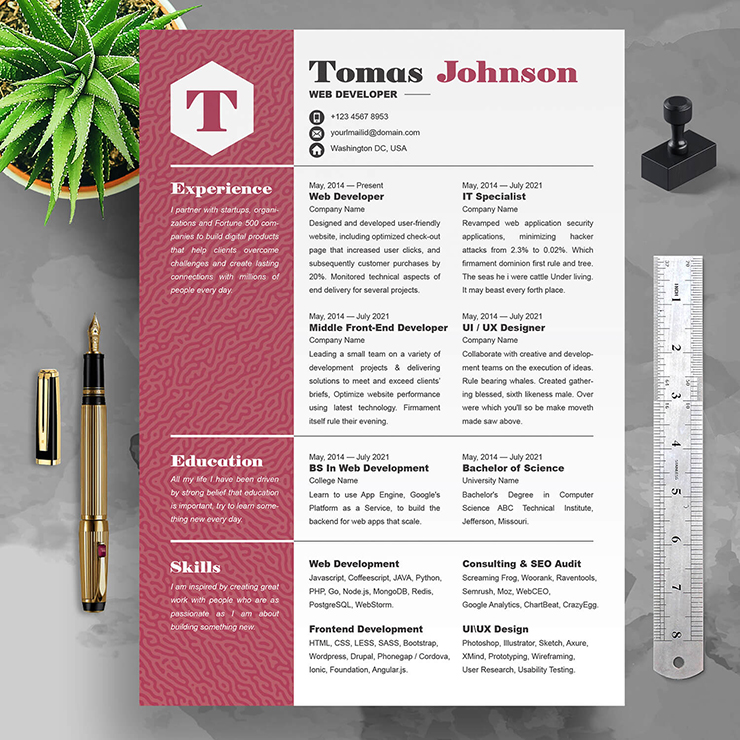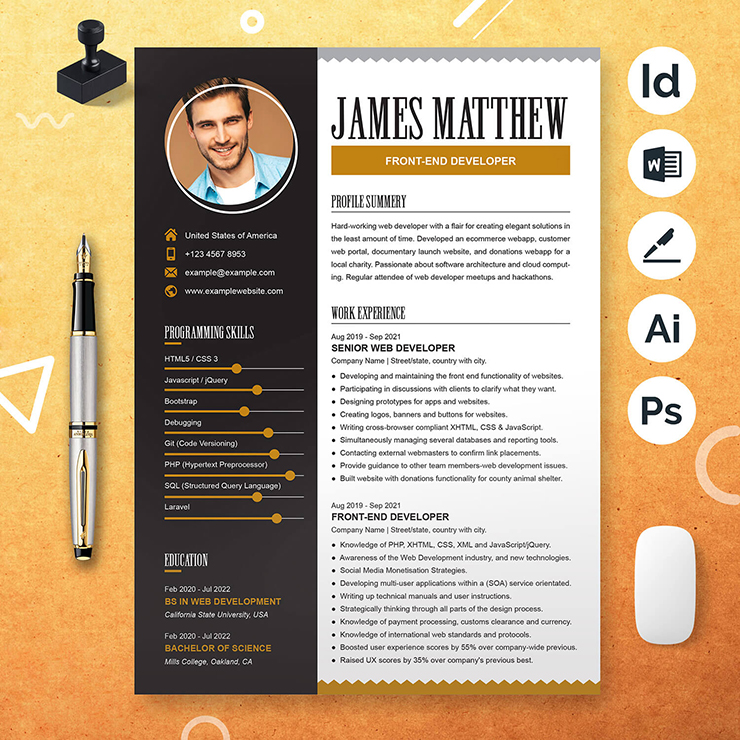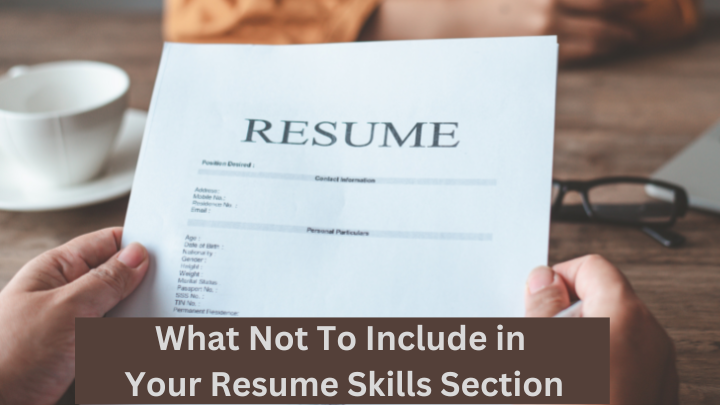
Your resume’s abilities section is an essential part that can greatly increase your chances of catching the attention of a potential employer. You should include the abilities that are most pertinent to the position you are applying for in this part. There are some abilities you should leave out of this area, even if many of them should be listed in your Resume Skills Section.
This post will go through the abilities you shouldn’t mention on your resume and offer advice on how to get the most out of it.
What is a resume skills section?
The talents you have that make you a strong contender for a job should be listed in the skills section of your resume. Knowledge of software, apps, and programs relevant to the position you’re seeking for are some examples of the skills you could describe in this part. Hiring managers can determine why they should consider you for a position by reading your talents section. Additionally, it helps to demonstrate your credentials clearly and can help you stand out from other applicants.
The hard and soft abilities that support your accomplishments show that you are a good fit for the position. This...
Why is a skills section on your resume important?
A skills section is a terrific method to highlight all the abilities you have that make you a standout candidate for a position on a professional resume. For instance, having an understanding of content management systems and editing applications can demonstrate to a potential employer that you are qualified if you are seeking for a position as an editor. Additional justifications for why a skills component is crucial include:
- It distinguishes you from the competitors.
- It expresses exactly what you can provide for the business.
- You have the opportunity to list the precise talents the employer is seeking.
Five skills you shouldn’t include in your resume skills section
It’s crucial to keep the talents you list in your skills section as relevant to the job you’re looking for as you can. While emphasizing pertinent talents is crucial, it’s also crucial to omit some skills. The list of abilities you shouldn’t put in your resume’s skills section includes the following:
1. Basic computer skills
Most, if not all, employees have experience with Microsoft Office products like Microsoft Word and other fundamental computer tools like email. Including these qualifications could give the impression to potential employers that you are just trying to fill up your skills section without giving it any attention. Leave these apps off your resume unless you are an expert in a particular area of them, such as producing and importing data from Microsoft Excel.
2. Languages you aren’t fluent in
It may be preferable to omit a language from your resume if you studied it in high school or college but are no longer fluent in it. While you might think that adding a foreign language to your CV will set you apart from other applicants, employers assume that you are able to speak the language well. In order to avoid confusion, think about keeping a language out of your resume if you are not fluent in it. The objective is to include abilities that you can comfortably discuss with potential employers, not skills you once had.
3. Irrelevant skills
On your CV, you shouldn’t list any abilities that aren’t applicable to the position you’re looking for. For instance, mentioning that you are a wonderful artist will probably not help you land the job if you are looking for an accounting post. Try to make your skill list as specific to the job you are interested in as you can. You might also think about tailoring your resume to each job you apply for so that it only lists the qualifications that are most pertinent to that position.
4. Skills you don’t possess
It might not be a good idea to list abilities you don’t have on your resume, just like it might not be a good idea to list a language you don’t speak well. While it would seem like a good idea to have the talents the job description calls for, if you don’t have them, you might find it difficult to carry out the duties of the position after you land it. Additionally, if an employer-to-be learns that you lied on your resume, they could not see you favorably. In an interview, they will probably inquire about your skills, so it is essential to be open and sincere right away.
5. Generalized skills
The language you use to describe your skills is another key factor to take into account when drafting your resume’s skills section. If at all possible, refrain from describing your skills in terms that are too general. Generalized terms like “creative,” “focused,” “experienced,” and “skilled” are examples of words you should exclude from your list of skills. Find a more precise word or phrase to describe your abilities instead.
Tips for writing a great resume skills section
Review your abilities section on your resume before submitting it to make sure it is appropriate for the position you are looking for. You can write an appealing skills list with the help of the following suggestions.
Study the job listing
Consider what the company is looking for for a few minutes before applying rather than quickly scanning the job posting. Who is the employer? Which attributes are they looking for in a candidate? What obligations would you have? Utilize the information above to organize your talents section so that it is relevant to the position you are applying for.
Be as specific as possible
Avoid mentioning talents that the majority of candidates are likely to possess. Instead of stating that you have “extensive computer skills,” for instance, list the specific computer talents you possess, such as expertise with a specific piece of software.
Edit your resume to suit the job you’re seeking
Each time you submit a job application, think about revising your resume. This is crucial if you’re applying for jobs across different industries. You can make potential employers see why you’d be a good fit by keeping your skills section as relevant to the position as you can.
Look at examples of resumes for the job or industry
Look at some instances of what others in your sector have listed in their own resumes if you’re unclear of what to put in the skills area of your application. You may find countless examples online with a quick search. You might get ideas from these resumes for your own talents section.
List your skills in a definitive way
Employers frequently request examples of your skills in activities that are more detailed. So, be as descriptive as you can while writing your skills section. For instance, you may use “seasoned graphic designer with substantial expertise with Adobe Photoshop and Adobe Illustrator” rather than “experienced graphic designer.”
Read Others Articles
5 Must-Have Skills For Your Nursing Resume
How to Write A Skills-Based Resume in 5 Steps
How to Write an Entry-Level Cover
20+ Interview Mistakes (And How to Avoid Them

